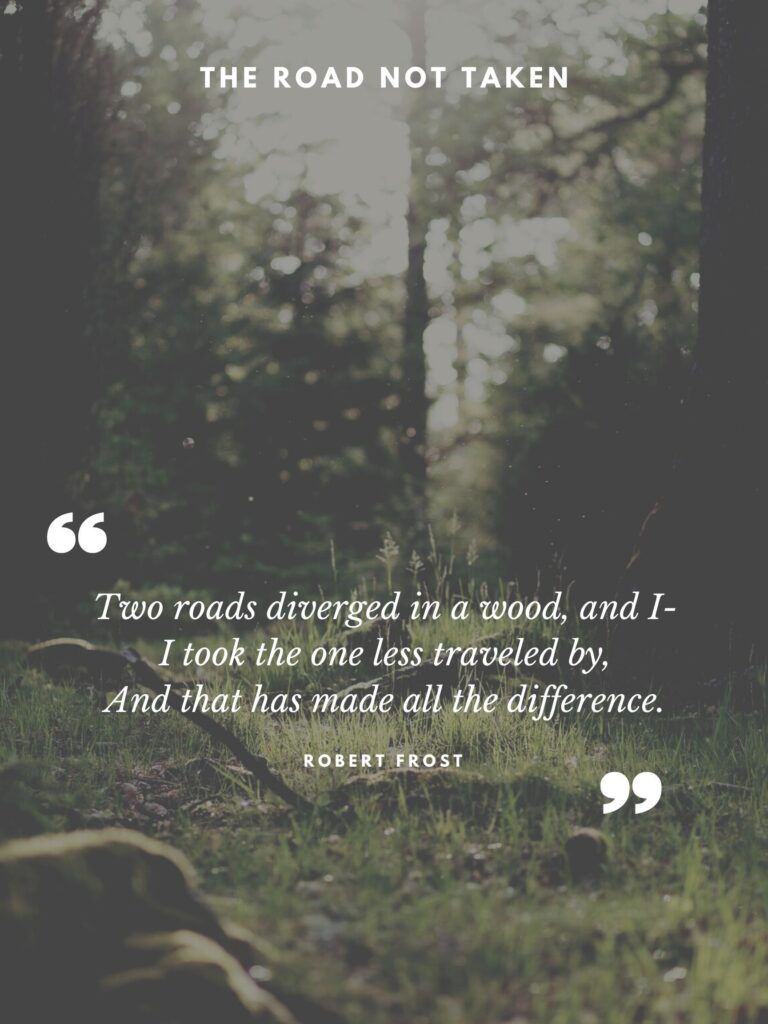
We experience our life as a story, of which we are both protagonists and narrators. And we make ourselves known to others in this manner, too. If someone wants to genuinely get to know you, giving them a list of facts and numbers describing you will not suffice. They will want to hear your story.
Shocking or traumatic events damage us by disrupting our stories, mangling our established narratives of self and the world. They do this by refusing to fit into our established narrative or by flooding and overwhelming it
People are often advised to go to therapy to “process” an issue or a traumatic event. But what does “processing an issue” actually mean? And how can I help you to process it?

How May I Help You?
I can help you “process” a difficult issue by helping to place it inside a coherent life narrative; by reviewing past events using tools and knowledge; by helping you confront previously avoided uncomfortable feelings in order to increase your competence in managing them; and by bringing the issue into the light of my benevolent and empathic attention, thus reducing shame, fear, and isolation.
Processing an issue in therapy requires that we engage it, think and talk about it. In doing so, we are practicing de facto exposure with regard to the emotions attached to the issue.
Processing is updating and re-examining the meaning of old memories and emotions, but also developing a new language with which to describe, experience, and understand the past and present, improving our ability to understand and move in the world more seamlessly and effectively.

The core of therapy is the human connection. Processing an issue in therapy means communicating it inside a safe, supportive interpersonal space.
A secret loses much of its power to paralyse and poison us internally when shared with others who are capable of resonating with our experience, accepting and understanding it. In the act of discussing difficult matters, we become less alone, less opaque to ourselves, and thus less fragile.
We manifest and build our strength when we express and own our weakness.
